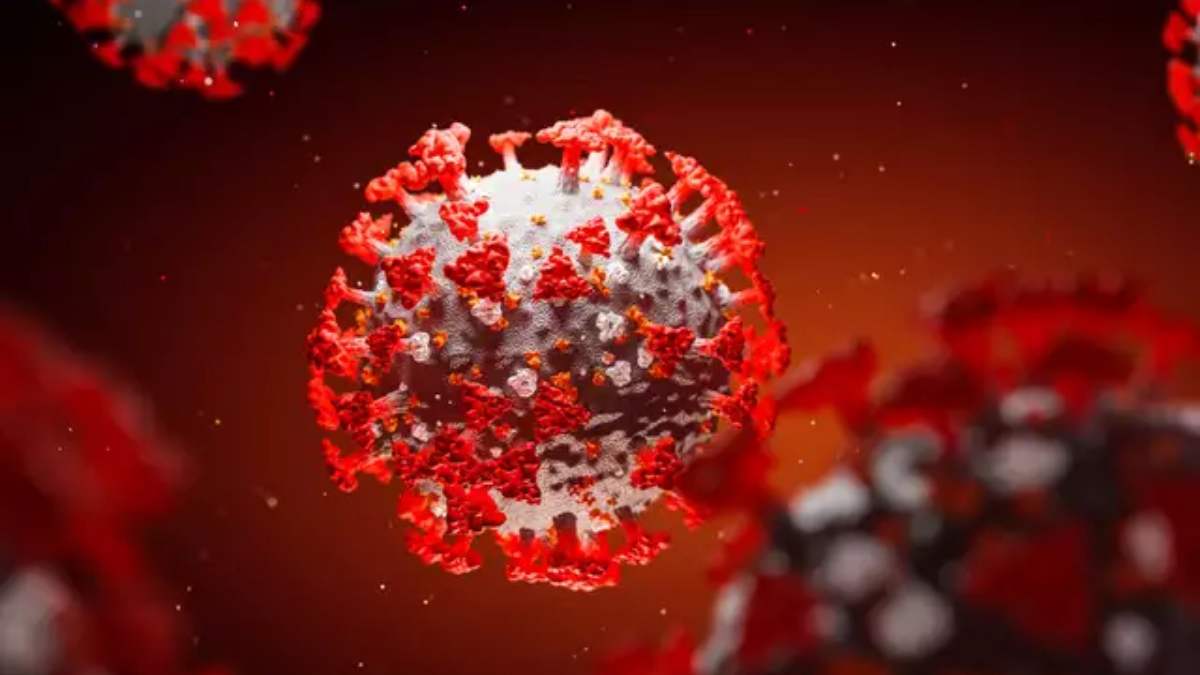The ICMR, in collaboration with the Hyderabadbased biopharmaceutical company, Biological E. Limited, has developed “antisera” prepared by injecting inactivated SARS-COV2 in horses. This antisera is highly purified and is being considered as a potential treatment for Covid-19. “ICMR and Biological E. Limited, Hyderabad has developed highly purified antisera (raised in animals) for Prophylaxis and treatment of COVID-19,” the ICMR tweeted. The antisera is yet to undergo human clinical trials. Its safety and efficacy can only be established after that. According to experts, highly purified antisera can bring an effective treatment for Covid-19.
“For a disease like Covid-19, for which there is no effective treatment or preventive vaccine, any development which offers hope is good news. The use of animal-derived antibodies to treat human illnesses is an age-old approach,” said Dr Lalit Kant, former HoD, Epidemiology Department, ICMR.
In the past, animal-derived antibodies have been used to treat tetanus cases and snake bites. “I remember the use of the diphtheria anti-toxin, a Nobel Prize-winning discovery in 1901, for the management of severe diphtheria cases. Horsederived antibodies have also been used to treat tetanus cases and snake bites. The use of human convalescent plasma for the management of Covid-19 cases was not found to be effective by an ICMR-led study. One of the reasons may have been the quality and quantity of the neutralizing antibodies in the convalescent sera. This can perhaps be overcome by developing antibodies in animals. However, the safety of animal-derived antibodies has always been a concern. Cases of serum sickness have been reported in the past. Currently, there is a move to shift to non-animal approaches for the generation of antibodies like sequence-defined recombinant antibodies (rAbs) which offer greater advantages. “There has been progress towards development of non-animal antibodies against SARS CoV-2 too,” Dr Kant stated.







